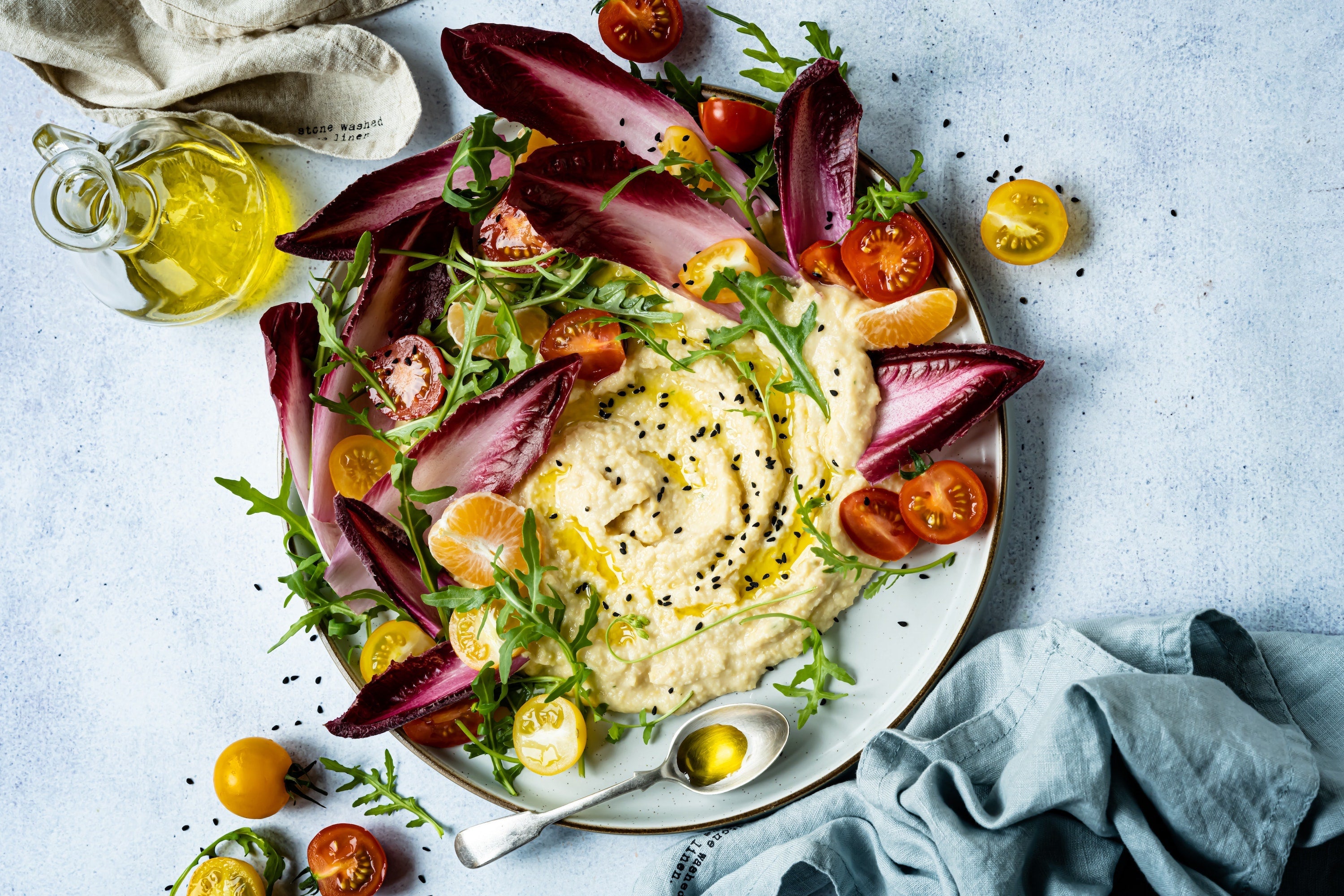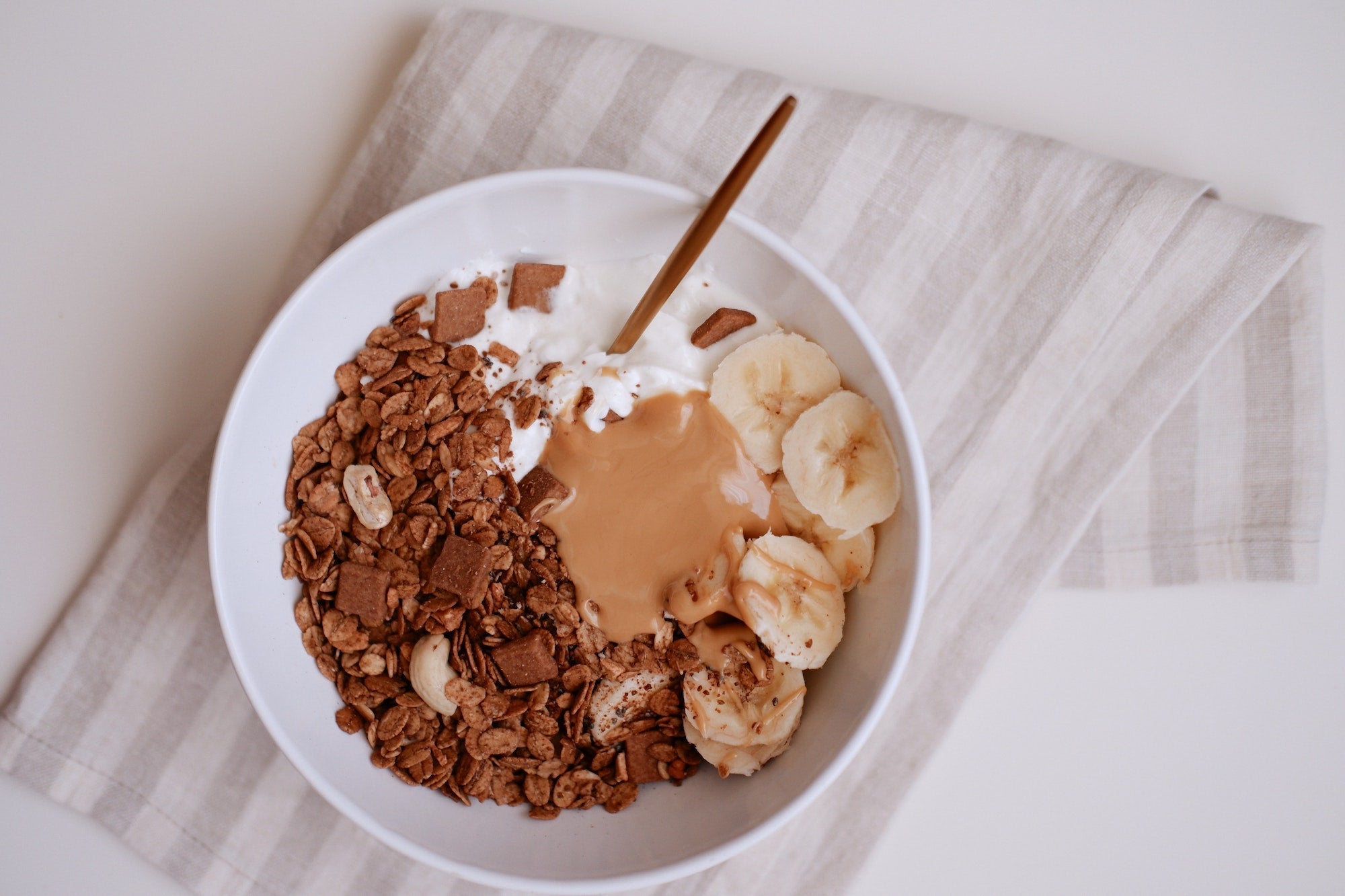Whether due to sweating bullets in a hot yoga class or spending a day basking in the summer sun, dehydration is something we all experience from time to time.
Although mild dehydration isn’t a cause for alarm, dehydration can quickly escalate to become a medical emergency, so it’s important to nip it in the bud at the first sign of symptoms. And what’s the best way to do that? Consuming an effective hydration drink.
We’ll share the best drinks for dehydration shortly, but first, let’s ensure you understand the basic principles of dehydration.
What Is Dehydration?
Dehydration occurs when your body loses more water and electrolytes than you take in. Electrolytes are essential minerals—like sodium, magnesium, and potassium—that carry an electrical charge when dissolved in water.
Every day, you lose fluids and electrolytes through sweat, urine, and feces. To hydrate your body, you need to not only replace the water you lose, but also the electrolytes.
Anything that causes you to sweat or release fluids will make you more vulnerable to dehydration. The top factors include intense physical activity, low-carb diets, hot climates, and diarrhea or vomiting due to illness.
Seniors are also at an increased risk of dehydration because older folks experience a decline in total body fluid, lowered thirst response, decreased kidney function, and mobility issues.[*][*][*]
What Are the Symptoms of Dehydration?
How do you know if you’re dehydrated? Common symptoms include:[*]
- Headaches
- Dry mouth
- Extreme thirst
- Nausea
- Dizziness
- Fatigue
- Low blood pressure
- Dark-colored urine
These symptoms are your body’s way of screaming, “We need more fluids and electrolytes, STAT!” If mild to moderate dehydration isn’t resolved, it can lead to organ failure and even be fatal. In other words, it’s nothing to mess around with!
What Is the Best Drink for Dehydration?
There are many beverages that are said to be good for dehydration, some of which are better than others. Let’s take a look at the most well-known hydration drinks and the pros and cons of each.
#1: Plain Water
When most people think of hydration, they think of a tall glass of water. While drinking water is certainly one ingredient in the hydration puzzle, it’s not the only one.
As mentioned above, replenishing electrolytes is just as essential. One of the main jobs of electrolytes is maintaining the balance between fluids inside and outside of your cells, which supports hydration.
No matter how much water you drink, you will not rehydrate if you don’t replace the electrolytes you lose. In fact, drinking too much plain water can dilute your blood sodium to dangerous levels—a condition known as hyponatremia.[*] A good rule is to drink to thirst—this will guide you to consume the amount of water your body needs.
#2: Coconut Water
Coconut water is nature’s version of a sports drink. It contains five main electrolytes: potassium, magnesium, calcium, phosphorus, and sodium. Several studies have found coconut water to be more beneficial than plain water for rehydration following exercise.[*][*][*]
One potential drawback is that many brands of store-bought coconut water contain added sugar. Added sugar is something you want to drastically limit in your diet, as research suggests that excess added sugar intake can increase your risk of serious health conditions, including heart disease, obesity, cognitive decline, inflammation, and type 2 diabetes.[*][*][*][*]
#3: Sports Drinks
Sports drinks like Gatorade are marketed as the end-all-be-all for quick hydration. While sports drinks provide water and a good dose of electrolytes, namely sodium and potassium, they’re typically loaded with added sugar.
The average 32-ounce sports drink contains between 56-76 grams of sugar—that’s equivalent to a mind-boggling 14-19 teaspoons.[*] To put that in perspective, the American Heart Association recommends consuming no more than six teaspoons of added sugar daily (and we’d recommend as close to zero as possible).[*]
#4: Pedialyte
Pedialyte is an over-the-counter rehydration drink for children and adults. It provides water and electrolytes, including sodium and potassium. It contains about half the added sugar content as sports drinks, which is still a substantial amount.
Additionally, Pedialyte contains artificial flavoring and dyes that are not health supportive.
#5: Watermelon Juice
Watermelon has an extremely high water content (92%) and provides a hefty dose of vitamin A, vitamin C, antioxidants, and electrolytes, especially magnesium.[*] Watermelon can be consumed in its whole form or blended to make a refreshing fruit juice.
Watermelon is relatively high in carbohydrates (carbs) and natural sugar. One wedge (approximately 1/6 of a melon) contains about 21 grams of carbs and nearly 18 grams of sugar. While watermelon can fit into a healthy diet, it’s not suitable for those following low-carb diets like paleo or keto.
#6: IQMIX
When it comes to the best drink for dehydration, IQMIX takes the (sugar-free) cake. IQMIX is a sugar-free electrolyte drink formulated with four nutrients shown to improve hydration, cognitive performance, and mood. Each packet contains the following:
- 500 mg sodium
- 380 mg potassium
- 750 mg Magtein® (Mg L-Threonate), a clinically studied form of magnesium that crosses the blood-brain barrier[*]
- 250 mg of super-concentrated lion’s mane mushroom, which supports brain health and function[*]
Simply add a packet to a glass of water for an instant electrolyte beverage that combats dehydration.
IQMIX contains only one gram of carbs per packet and no questionable ingredients like artificial sweeteners. It’s available in four delicious flavors: Blood Orange, Lemon Lime, Peach Mango, and Blueberry Pomegranate.
Not sure which flavors to choose? Try our 8-Stick Sampler to find your favorites. Already know you love them all? Go all in with our 20-Stick Variety Pack!
What Drinks to Avoid When You’re Dehydrated
Just as important as what drinks to consume when dehydrated is what drinks not to consume. When you’re dehydrated, avoid any beverage with caffeine or alcohol. That includes coffee, hot tea, iced tea, energy drinks, beer, wine, and spirits. It’s also in your best interest to avoid overconsuming any of these drinks to prevent dehydration.
These drinks increase your risk of dehydration because they have a diuretic effect, meaning they cause you to lose water through urine much quicker than other liquids.[*][*]
The Bottom Line on Dehydration Drinks
Dehydration occurs when your electrolyte and fluid loss exceeds your electrolyte and fluid intake.
The next time you notice symptoms of dehydration (or better yet, before dehydration symptoms occur), reach for a packet of IQMIX and pour it into a glass of water or your water bottle. You’ll be on your way to getting your body back in balance, all while giving your brain a revitalizing boost!

